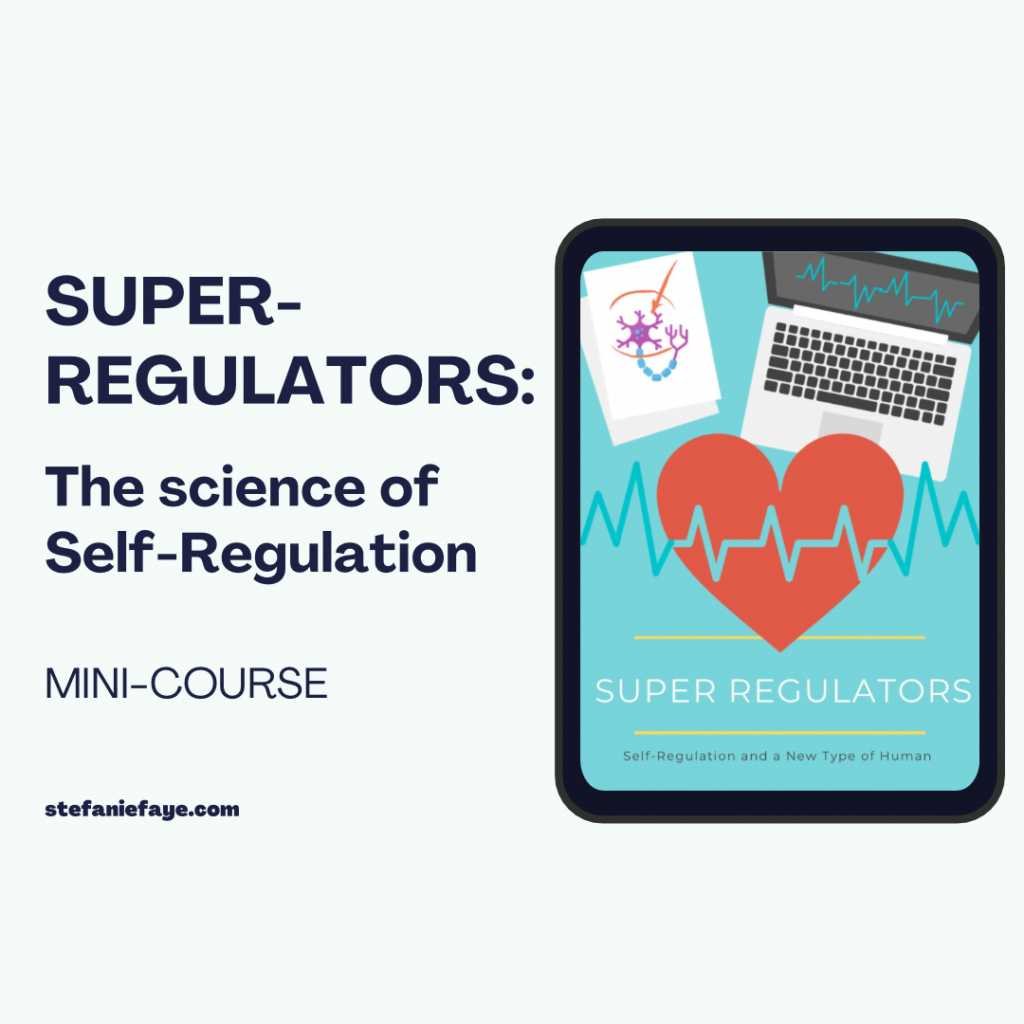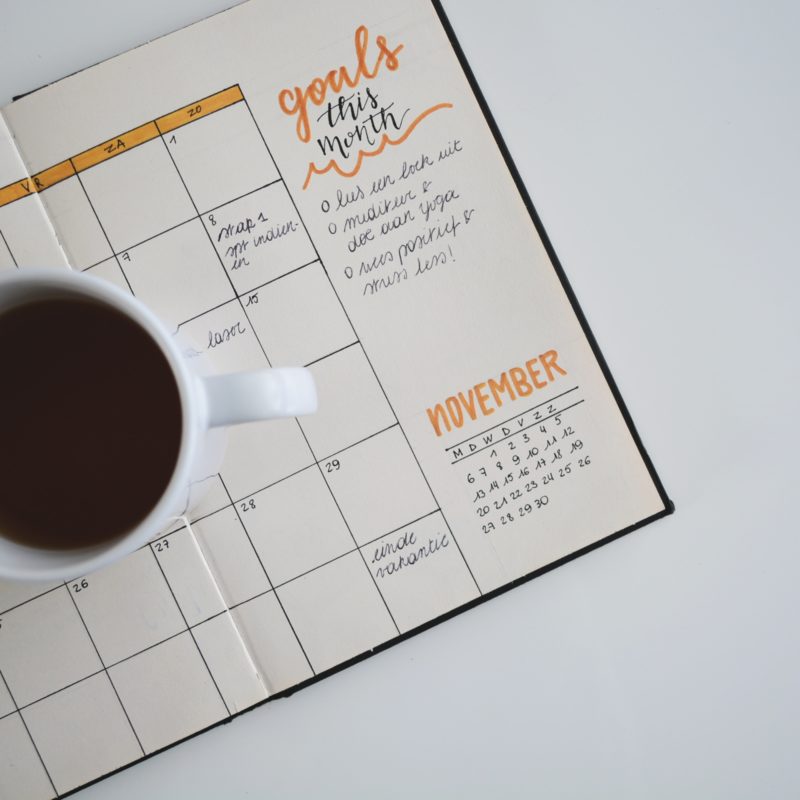"Resiliency isn’t a set of skills to learn nor is it a list of statements to write out and repeat. Resilience doesn’t come from a script, a worksheet. The idea that we have to force healing down a particular path doesn’t understand the inherent capacity in humans to heal.
We need to embrace our feelings and allow what nature has given us to be able to journey through the stress and adversity that is part of our life."
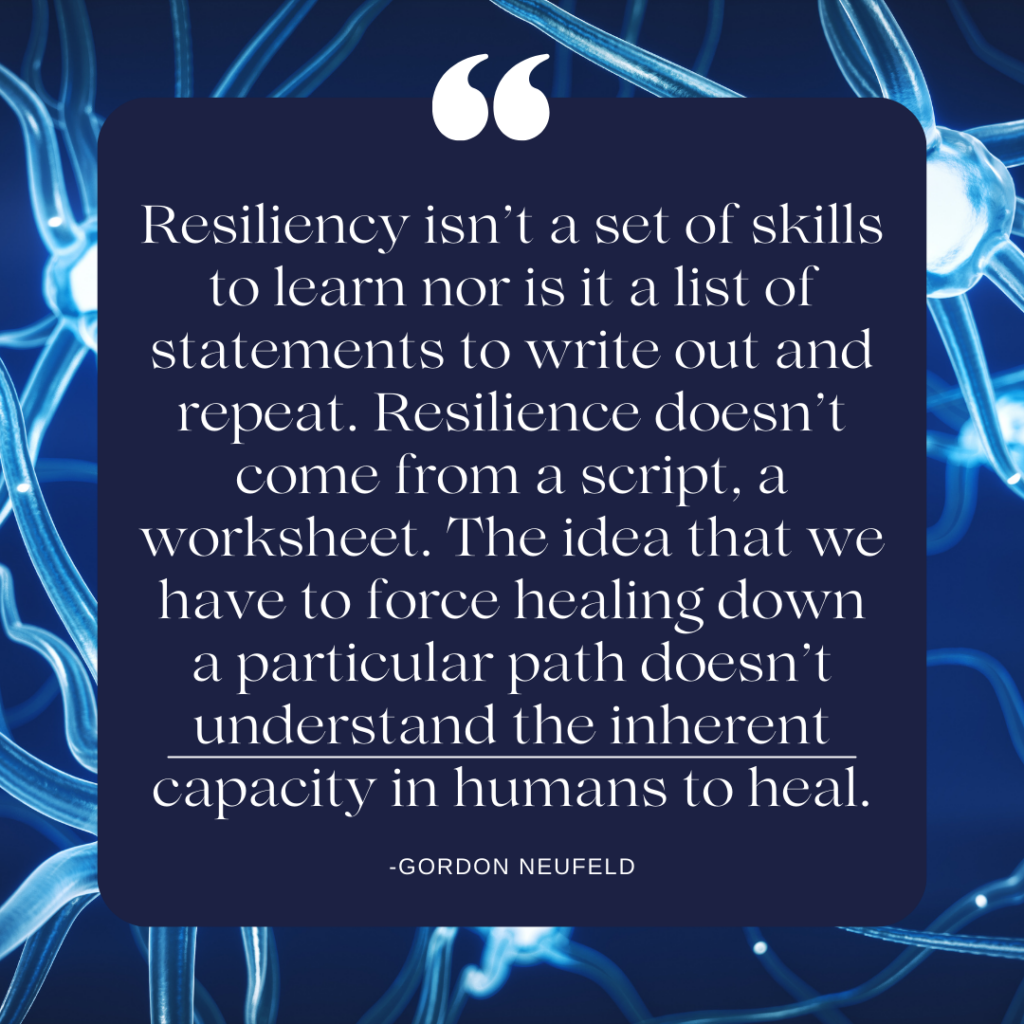
In my previous article, I shared three of the six pillars for mastering our nervous system and optimizing our overall functioning. In this article, I am sharing three more of these pillars.
4) Ability to withstand uncertainty and unpredictability
We need regularity and rhythms to help us stabilize and reduce stimulation when needed. However, we also need large amounts of VARIABILITY, RANGE and REPERTOIRE in order to increase the resilience of our bran-body regulatory mechanisms. As Allen Schore states in Affect Dysregulation and Disorders of the Self:Affect Dysregulation and Disorders of the Self:
“Dysfunction of psychobiological regulatory systems is most obvious under stressful and challenging conditions that call for behavioral flexibility and affect regulation [...] what is not adaptive is a lack of variability in the individual faced with environmental demands that call for alternative choices and strategies for change”.
These challenges can come in the form of trying completely new activities - both in the outside world, where natural systems give us opportunities to adapt, and also social situations where you try something new. This could mean:
- asking for help when you normally don’t,
- giving space when you normally intrude,
- expressing love for someone when you normally hold back.
All of these give you opportunities to practice and hone your ability to regulate your emotions according to the responses you receive (whether they are positive or negative, rejecting or accepting).
One of the biggest factors that comes out of research is that flexibility - and the ability to engage a wide range amd repertoire of strategies - is key to resilience.
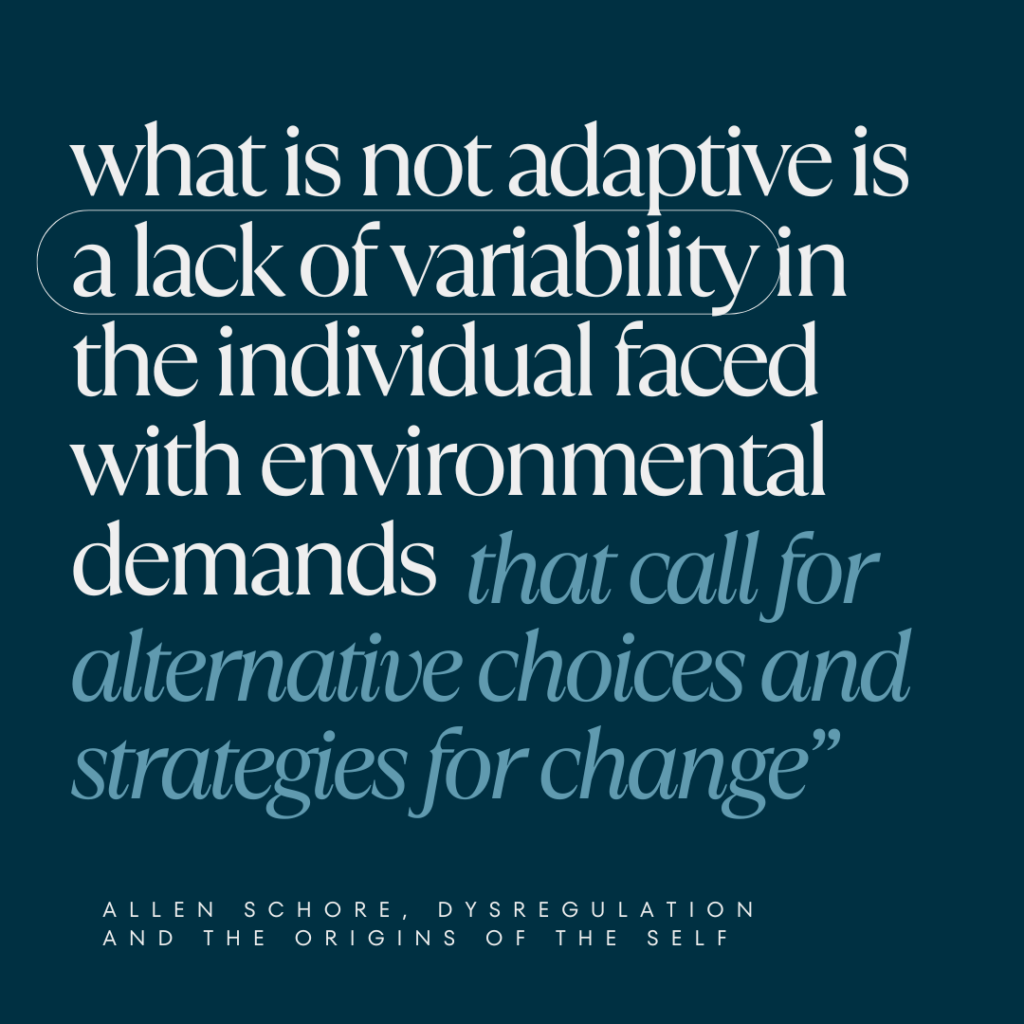
5) Ability to monitor and adjust as needed
This is also called FEEDBACK RESPONSIVENESS. This means that you have the ability and willingness to check in with yourself throughout the day, every day:
- Monitor your internal environment and notice what ‘feels right’ and what doesn’t.
Take an inventory of how you feel at the end of each day - notice patterns of when you felt alive and safe and happy, and when you didn’t. - Notice when you felt under-stimulated (disengaged, submissive, down, fatigued, hypo-aroused) and when you felt over-stimulated (anxious, aggressive, racing mind, impulsive, hyper-aroused).
- Through this pattern recognition, you choose to acknowledge what is not giving you the results you desire, and then choose to cease those activities and try new ones.
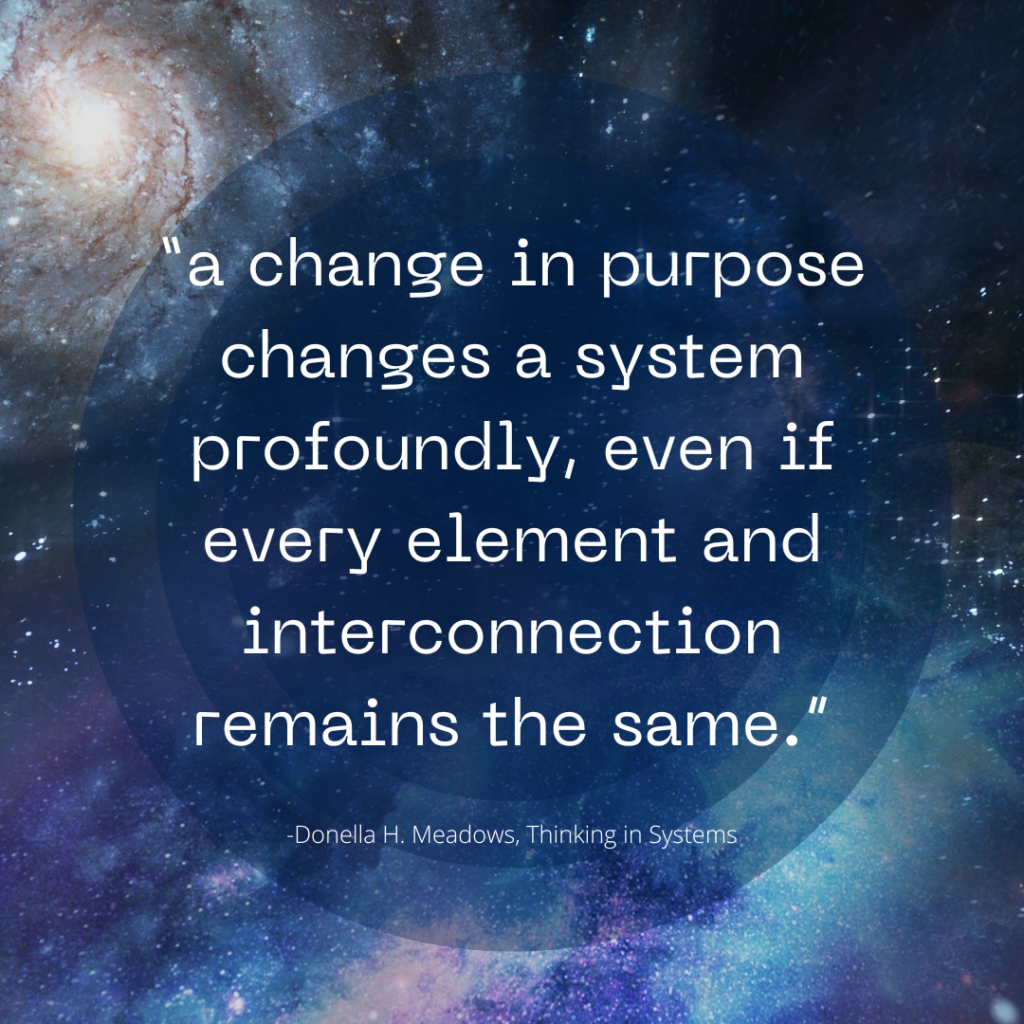
6) Ability to tune into a sense of purpose - particularly ’self-transcendent purpose’
“change in purpose changes a system profoundly, even if every element and interconnection remains the same.”
-Donella H. Meadows, Thinking in Systems
One of the most powerful determinants of a system is its purpose, its mission. We are all systems, nested in infinite layers of other systems.
We can become more purposeful about reflecting on what our purpose is in various facets of our life.
The most clarifying question I have found is “who am I doing this for?”
When your answer evokes an image of a younger you, a person in your life or someone who has not been able to fulfill their potential or recognize how valuable they are.. you may find a renewed sense of clarity. Part of this relates to the fact that you are activating different brain networks that take you out of your default self-oriented systems.
When you align with a sense of purpose that incorporates who else will benefit from something you are striving towards, studies show that this can build perseverance studies show that this can build perseverance and an increase in drive to persist through tasks that may not be exciting but are necessary for achieving your goal. This particular type of purpose is called SELF-TRANSCENDENT PURPOSE.
I will write more about purpose (and how it can activate powerful brain activity for innovation and compassion) in an upcoming article 🙂
(make sure to subscribe if you'd like to get subscriber-only gifts and articles)
References:
THANK YOU for your support!!!
honored to have reached over 20,000 YouTube subscribers! You can check out my videos here
My Super-Regulators Mini-Course is now available
#systemsthinking #purpose #neuroscience
